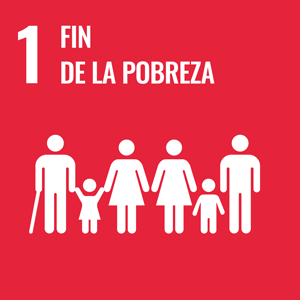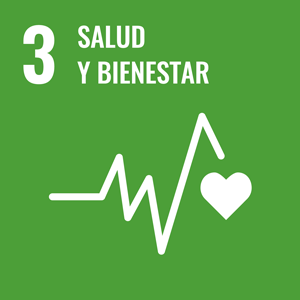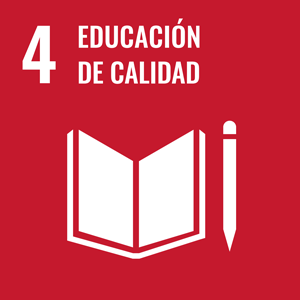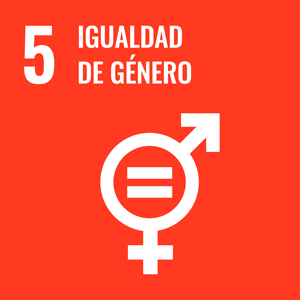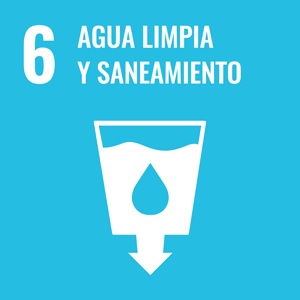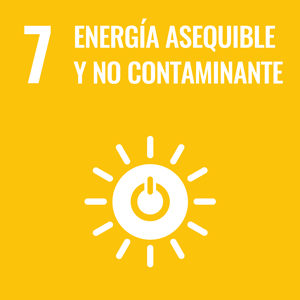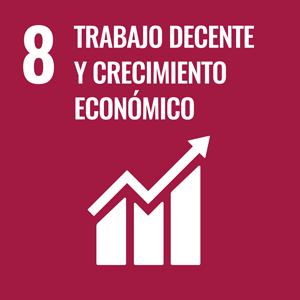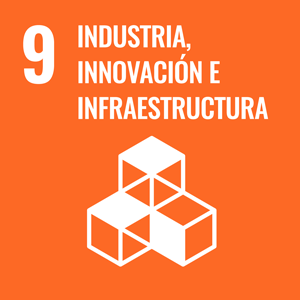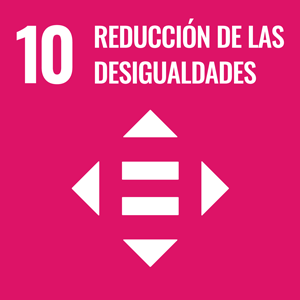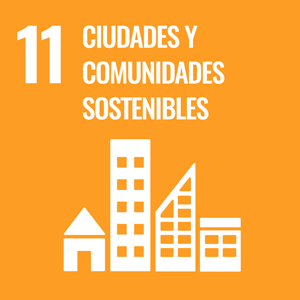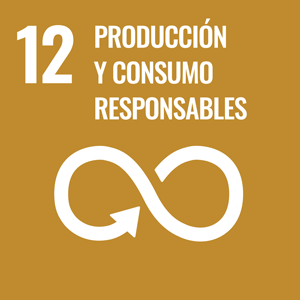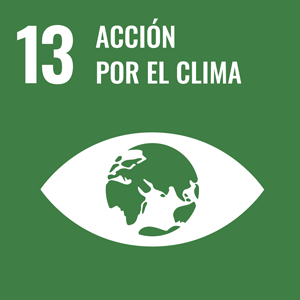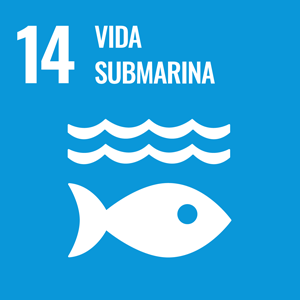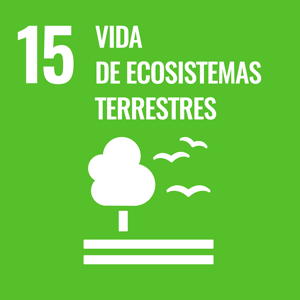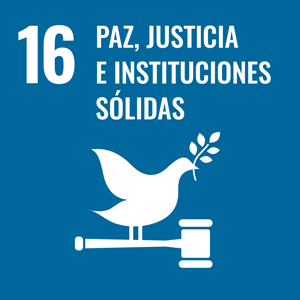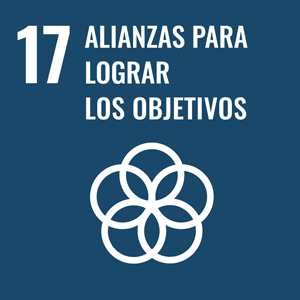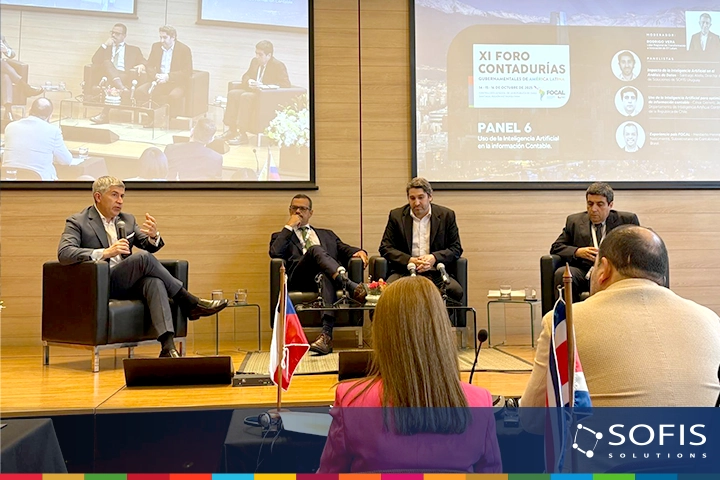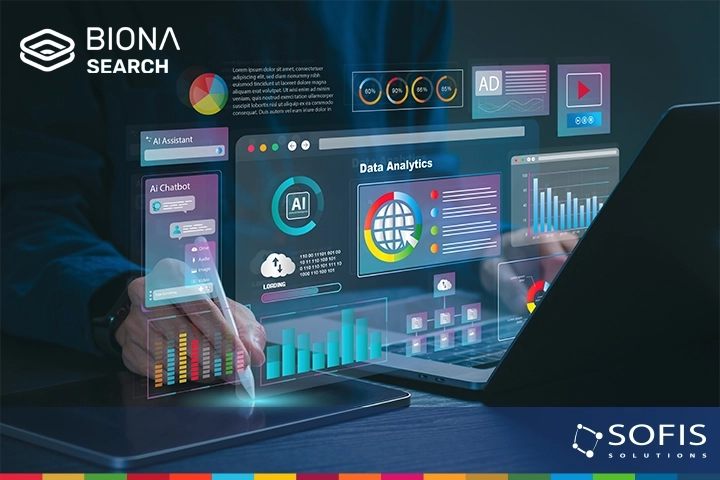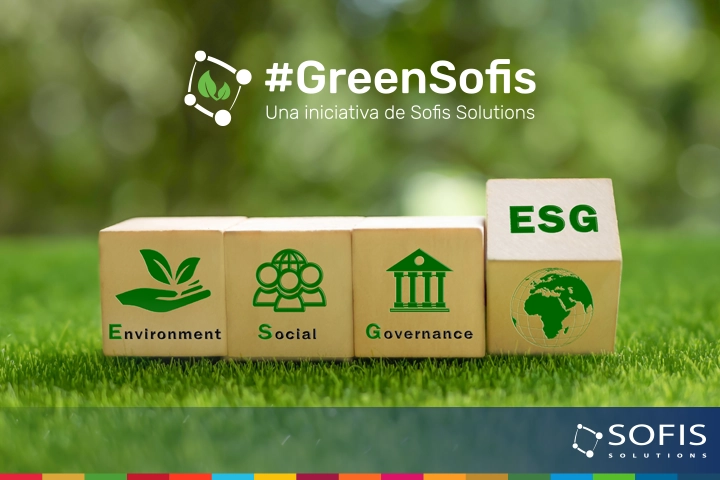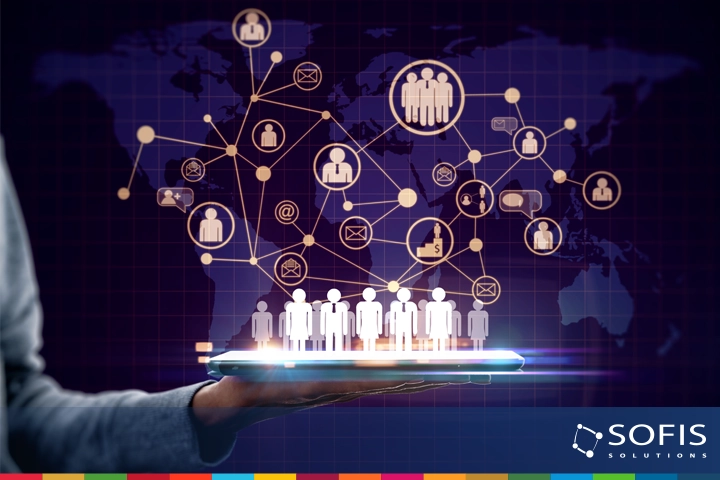-
Who we are
-
-
StrategyMission
To solve the challenges of organizations and communities through intelligent, secure, sustainable, and people-centered solutions, so they generate real value in their social and productive contexts.
VisionTo be the chosen company by organizations seeking to innovate with quality, purpose, and trust in the intelligent era.
Learn moreValues- Ethics and transparency
- Professionalism
- Respect
- Honesty
- Innovation
- Responsibility
- Effectiveness
- Integrity
- Customer orientation
- Punctuality
-
-
-
History
Sofis Solutions was born in 2005, in the city of Montevideo - Uruguay.
Since its inception, the main driver was and remains quality. This applies to processes, products, and relationships with the environment.The internationalization of the company It was one of the founding objectives. In the first stage, it expanded from Uruguay, and in the second stage, it opened offices in Latin American countries. Currently, it has offices in Montevideo, Panama, El Salvador and Ecuador.
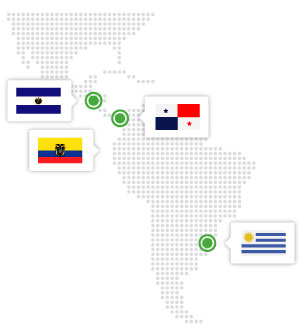
-
-
-
Alliances

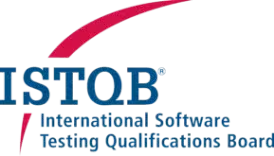



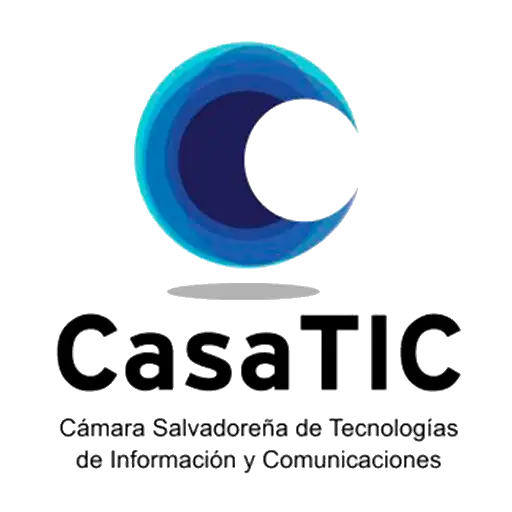


-
-
-
Certifications

CMMI-DEV-3
More informationNational Quality Award - 2023 Edition
More informationISO 9001:2015
Quality Management SystemISO 37001:2016
Anti-Bribery Management SystemISO 14001:2015
Environmental Management System
-
-
-
SustainabilityLearn more
Sofis Solutions integrates environmental, social, and governance (ESG) principles into its management and operations, driving sustainability through Digital Transformation. Its strategic approach prioritizes energy efficiency, digital inclusion, and transparency in digital governance, contributing to the responsible development of organizations.
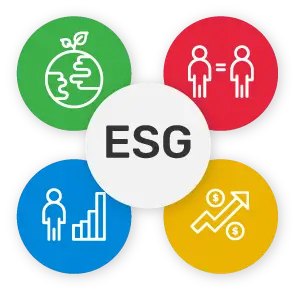
-
-
-
What we do
-
-
IT projectsLearn moreAt our Software Factory, we specialize in providing software development solutions with a focus on excellence and sustainability.
-
-
-
Software qualityOur software quality services comprehensively address the aspects or dimensions of software quality, addressing this approach throughout the entire software development cycle.
- Manual and automated functional suitability testing
- Performance testing
- Software product quality
- Software quality consulting
Learn more
-
-
-
Staff AugmentationLearn moreWhat is IT Staff Augmentation? IT Staff Augmentation is a specialized technical staffing model that enables organizations to increase their agility and respond to the changing technological needs of the market.
-
-
-
ConsultancyIn the public sector, strategic decisions and projects with citizen-centered designs and excellence have the power to transform entire communities.Learn more
-
-
-
BIonA SuiteBIonA Suite is a comprehensive platform for the intelligent management of processes and services in public and private organizations. BIonA Suite facilitates smart transformation with a focus on public value and user experience. Learn more
-
-
-
Projects
-
-
Recent projects
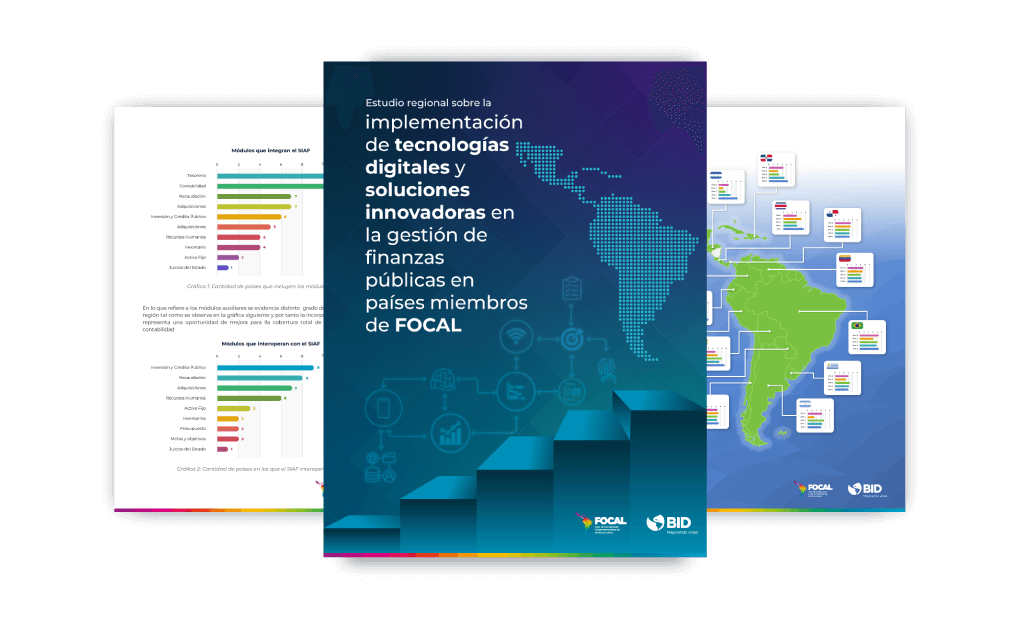 FOCAL Regional StudyFOCAL - El Salvador
FOCAL Regional StudyFOCAL - El Salvador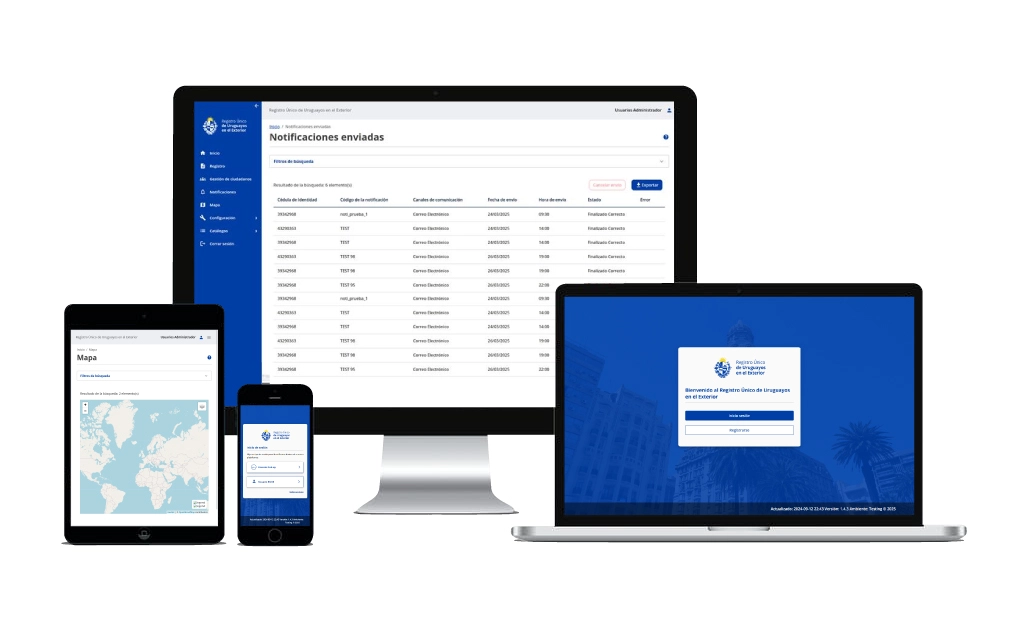 Single Registry of Uruguayans AbroadMinistry of Foreign Affairs - Uruguay
Single Registry of Uruguayans AbroadMinistry of Foreign Affairs - Uruguay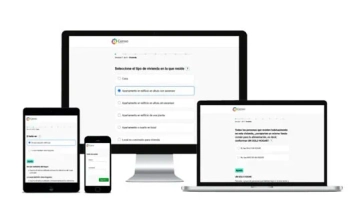 Population and Housing Census 2023National Institute of Statistics - Uruguay
Population and Housing Census 2023National Institute of Statistics - Uruguay
-
-
-
Digital Public InfrastructureWhat are Digital Public Platforms?ProjectsProducts
-
-
-
-
Mobile applicationsWe create hybrid, native, and PWA solutions for devices with Android and iOS operating systems.
Some of our projects:Digital Patrols, Ecuadorian Bovine Information System, Easy Budget UY, Digital Portfolio, SIGES Teachers App, SIGES Parents App.
Learn more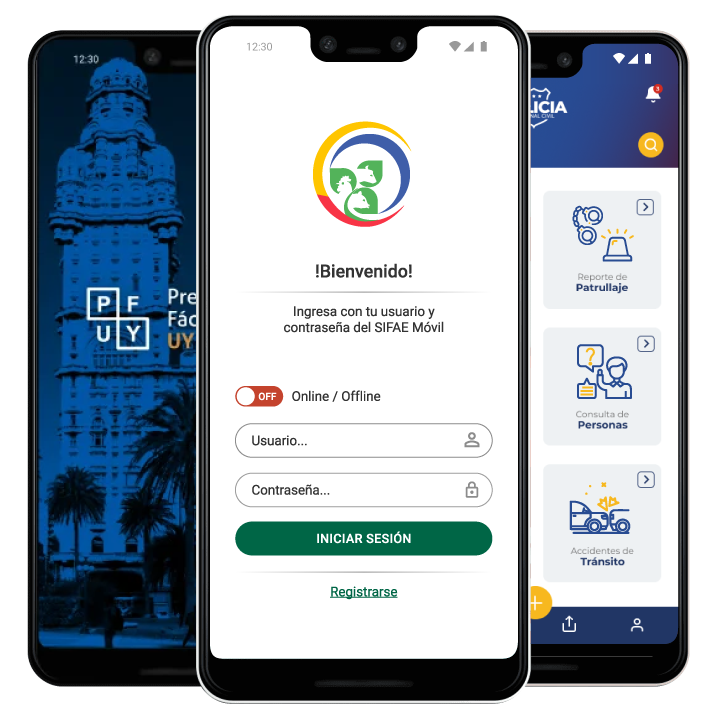
-
-
-
FOCAL regional studyThe purpose of the study was to carry out a regional analysis with the objective of identifying and evaluating the maturity level of the member countries of the Latin American Government Accounting Forum (FOCAL), currently composed of Argentina, Bolivia, Brazil, Chile, Colombia, Costa Rica, Ecuador, El Salvador, Guatemala, Honduras, Mexico, Nicaragua, Panama, Paraguay, Peru, Dominican Republic, Uruguay and Venezuela.Learn more
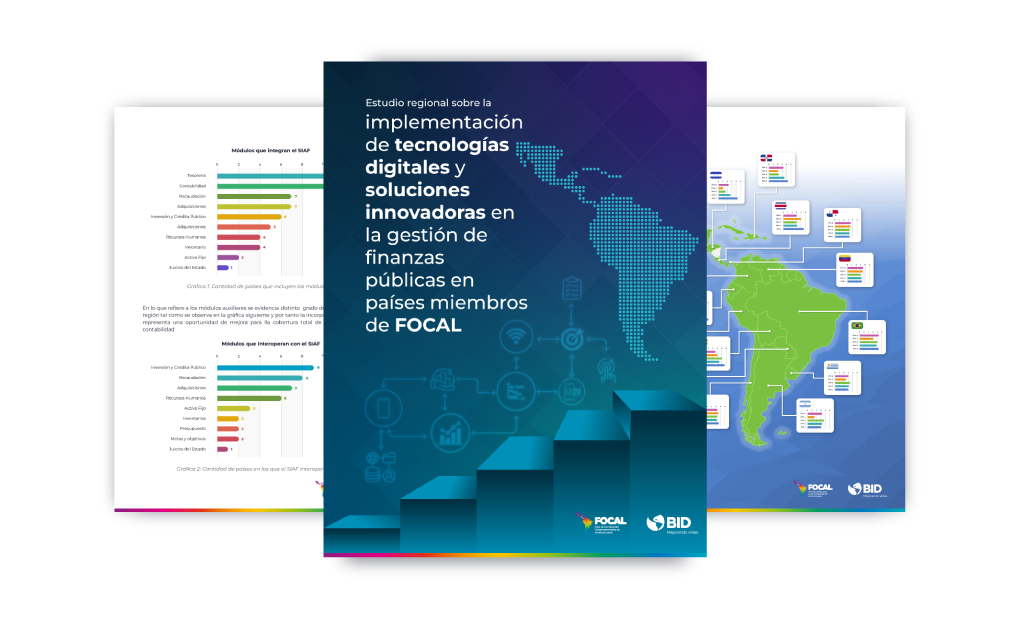
-
-
- AI
-
-
Artificial IntelligenceLearn moreAdvanced Artificial Intelligence (AI) and Big Data solutions that transform the way organizations make decisions and optimize their operations. We specialize in the development of intelligent autonomous agents and generative AI solutions using large language models (LLMs), both on local infrastructure and in the cloud.
-
- Press Room
-
-
Sustainable development
-
-
-
Interviews
 16/06/2025Virtual Threads in Java
16/06/2025Virtual Threads in Java
-
- Innovation
-
-
#GreenSofisMore information
Methodology
#GreenSofisSustainable Digital Transformation Conference
#GreenPath
-
-
-
AI For Everything
It is an initiative by Sofis Solutions, from the Intelligent Solutions Division, that promotes the adoption of artificial intelligence as a key driver of efficiency and effectiveness in the intelligent era.
It integrates both administrative and operational processes, promoting an organizational evolution where technology amplifies knowledge, optimizes decision-making, and generates value in a sustainable and inclusive way.
More information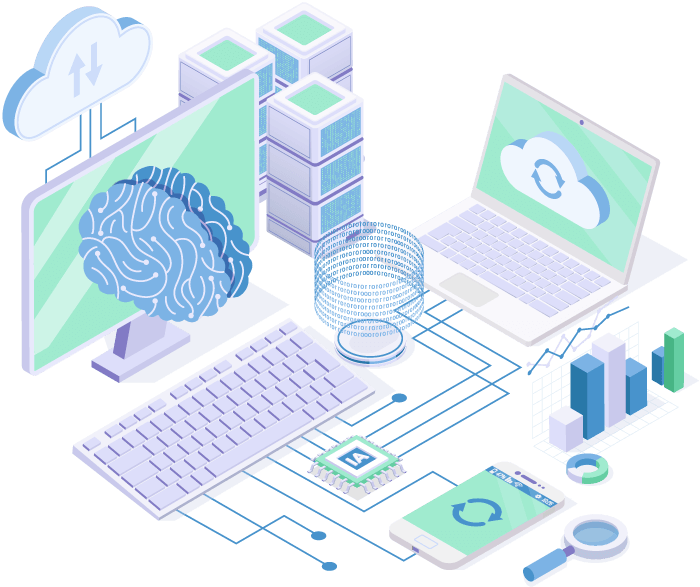
-
- Contact us
- ES PT-PT
-

Web accessibility: key to inclusive public services in the digital age
Montevideo, April 7, 2025.
In an increasingly digital world, ensuring web accessibility is no longer optional—it is an ethical, legal, and strategic obligation, especially for public services. Web accessibility seeks to ensure that any person, regardless of physical, cognitive, or sensory abilities, can navigate, understand, and interact with digital sites and applications without barriers.
Why is it crucial for public services?
Government and public agency websites and applications are the main channels for accessing rights, procedures, and civic information. If these digital environments are not designed with user diversity in mind, they perpetuate exclusion. People with disabilities, older adults, or those using assistive technologies are prevented from fully exercising their citizenship.
At the same time, many countries already have legal frameworks that require digital accessibility in the public sector:
Uruguay
Law No. 18.651 on the Comprehensive Protection of Persons with Disabilities establishes that the State must guarantee access to information and ICTs. In addition, since 2015, AGESIC has promoted Web Accessibility Guidelines based on WCAG as part of the digital government model.
El Salvador
The Special Law on the Inclusion of Persons with Disabilities (2020) mandates that public websites be accessible. The country has also made commitments under the Convention on the Rights of Persons with Disabilities, reinforcing the State's duty to eliminate digital barriers.
Panama
Law 15 of 2016, which amends Law 42 of 1999, establishes that public services must ensure access to information in accessible formats. The National Authority for Government Innovation (AIG) promotes web accessibility standards for official state websites.
Ecuador
The Organic Law on Disabilities and the Ecuadorian Technical Regulation RTE INEN 288, aligned with WCAG, require the public sector to ensure accessibility in digital environments. The National Council for the Equality of Disabilities (CONADIS) oversees compliance.
Accessibility and the social component of the ESG approach
From the ESG (Environmental, Social, and Governance) perspective, digital accessibility is directly linked to the social component. Promoting accessible websites is not only about regulatory compliance, but a concrete expression of commitment to inclusion, equity, and human rights.
Accessibility is a way to reduce structural inequalities in access to essential services. When public digital platforms are accessible, civic participation expands, information is democratized, and no one is left behind in digital transformation processes.
Moreover, from the ESG perspective, public and private organizations that adopt inclusive practices strengthen their reputation, build trust with communities, and demonstrate alignment with the Sustainable Development Goals—particularly SDG 10 (Reduced Inequalities) and SDG 16 (Peace, Justice and Strong Institutions).
Current trends in web accessibility
The current approach goes beyond technical compliance. Trends point to:
- Inclusive design from the early stages of the project.
- Automated evaluations and testing with real users.
- Cross-functional accessibility training for design, development, and content management teams.
- Growing use of universal design in public digital environments.
New WCAG updates
The Web Content Accessibility Guidelines (WCAG) are the international standard. In 2023, the W3C published WCAG 2.2, which includes improvements for people with cognitive disabilities, reduced mobility, and mobile users.
Highlights include:
- Accessible controls on touch screens.
- Improvements in complex forms.
- Barrier-free authentication.
The W3C is currently working on WCAG 3.0, with a more flexible and contextual approach.
Sofis Solutions' commitment to digital accessibility
At Sofis Solutions, we understand that web accessibility is not just a technical matter, but a powerful tool for social inclusion, especially in the context of the public sector. That’s why every digital project is approached with a people-centered perspective, ensuring that access to technology is not a privilege, but a right.
Our approach includes:
- Accessible design from the early stages of the project.
- Ongoing validation with automated tools and manual review.
- Participation of real users with diverse abilities in usability testing.
- Continuous internal training in digital accessibility, plain language, and inclusion.
- Evaluation supported by intelligent analysis tools.
- Continuous improvement plan with prioritized recommendations for government environments.
This commitment is part of our sustainability strategy and is aligned with the Social component of the ESG approach.
Advancing web accessibility in public services is building a fairer future. It not only improves the digital experience for citizens, but ensures legal compliance, strengthens inclusion, and directly contributes to the social commitments of the ESG approach. It is, ultimately, a concrete way to translate technology into rights.
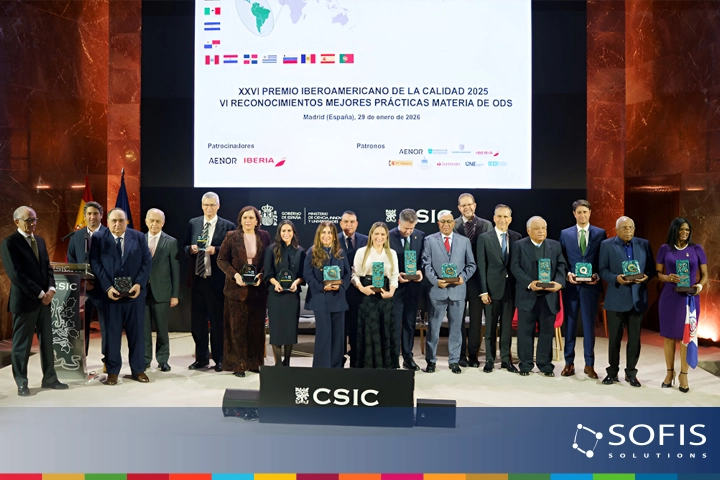
Madrid, January 29, 2026 – Sofis Solutions was honored with the Silver Award at the 2025 Ibero-American Quality Award, the highest recognition for exc......
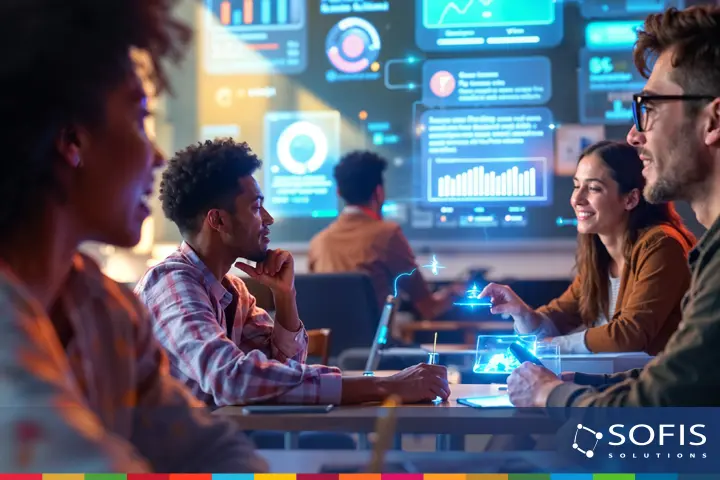
In this interview we talked with the Software Engineering Group of Sofis Solutions, a team that has been actively working on the evolution of its deve...

On November 20th, the pilot edition of Creative Bureaucracy UY 2025 took place at the Sala Verdi, the local precursor to the Creative Bureaucracy Fest...












 Digital Signature
Digital Signature BionA Suite
BionA Suite Biona SIgn
Biona SIgn